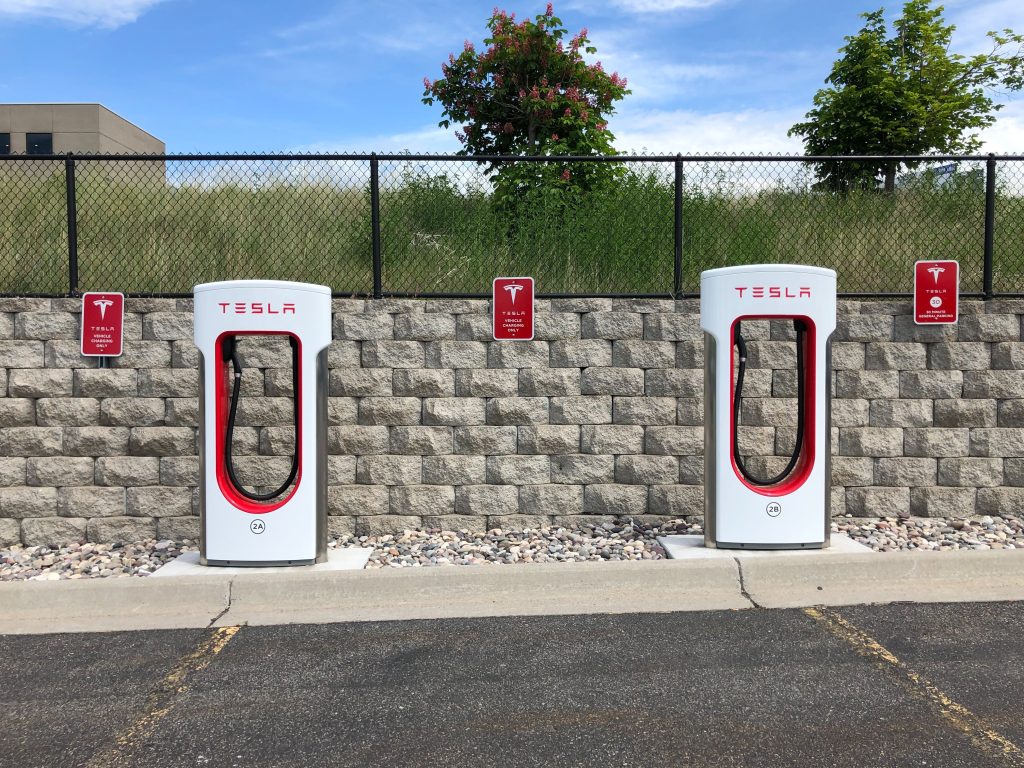The invention and widespread use of electric cars has been a significant development in the history of the automotive industry. Electric cars may seem new, but they actually go back to the 19th century. Electric cars have evolved from being a luxury item to a practical and eco-friendly mode of transportation. We will explore the history and evolution of electric cars, from their humble beginnings to the advanced technology today. We’ll also explore the important stages and progress that have contributed to the increasing popularity of electric cars, as well as the difficulties and hurdles encountered during this process. Understanding the history and evolution of electric cars helps us appreciate how they have shaped the automotive industry. They also have the potential to revolutionise transportation in the future.
Innovative Technology and Environmental Impact
The use of innovative technology has significantly impacted the automotive industry, particularly in the development and evolution of electric cars. With advancements in battery technology, electric vehicles have become a viable and environmentally friendly alternative to traditional gasoline-powered cars. These vehicles produce zero emissions, reducing air pollution and contributing to a cleaner and healthier environment. Using renewable energy sources like solar and wind power to charge electric cars also helps to decrease their environmental impact. Electric cars have a bright future in terms of sustainability and reducing our carbon footprint due to advancements in innovative technology.
Early beginnings and limited popularity
Despite the numerous benefits of electric cars, they did not become a mainstream option until recent years. Early beginnings and limited popularity hindered the widespread use and adoption of electric cars. In the late 19th century, electric cars were competing against gasoline-powered vehicles. However, the electric cars were more expensive and had a shorter range, which was a disadvantage. As a result, these vehicles were primarily used for short-distance travel within cities. Henry Ford’s development of the assembly line and mass production made gasoline-powered cars more affordable and accessible to the masses. These factors contributed to the limited popularity and use of electric cars in the early stages of their evolution. Electric cars have become more popular and are now seen more frequently on the roads due to technological advancements and environmental concerns.

Advancements in battery technology
One major area of advancement in electric cars has been in battery technology. As the power source for these vehicles, batteries have undergone major improvements in terms of efficiency, power output, and cost. Companies are investing a lot in researching and developing new battery technologies to make electric cars travel farther and charge faster. Advancements in battery management systems have made it easier to monitor and maintain the health of batteries, increasing their lifespan. Electric cars are getting better and can compete with regular gasoline cars. They could change the car industry.

Government incentives and increased adoption
Technological advancements, adoption, and government incentives have all influenced the history and evolution of electric cars. As more people become aware of the environmental, protection and cost benefits of electric cars, the demand for them has increased. Governments worldwide provide incentives, like tax credits, rebates, and subsidies, to promote the use of electric cars. Incentives for electric cars make them cheaper for consumers and motivate manufacturers to invest in and enhance electric vehicles. With government support and increasing consumer demand, the future looks bright for the continued growth and evolution of electric cars.
